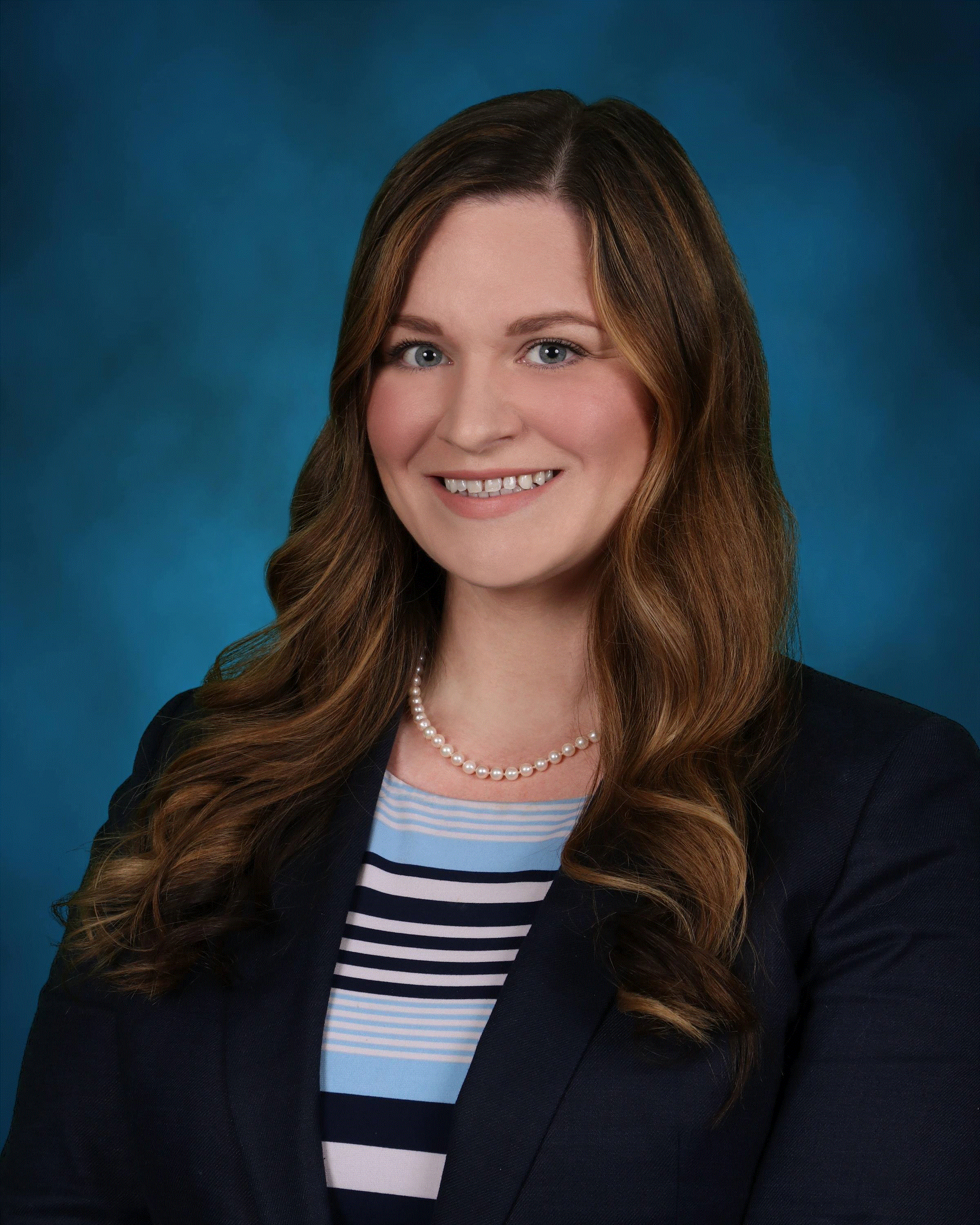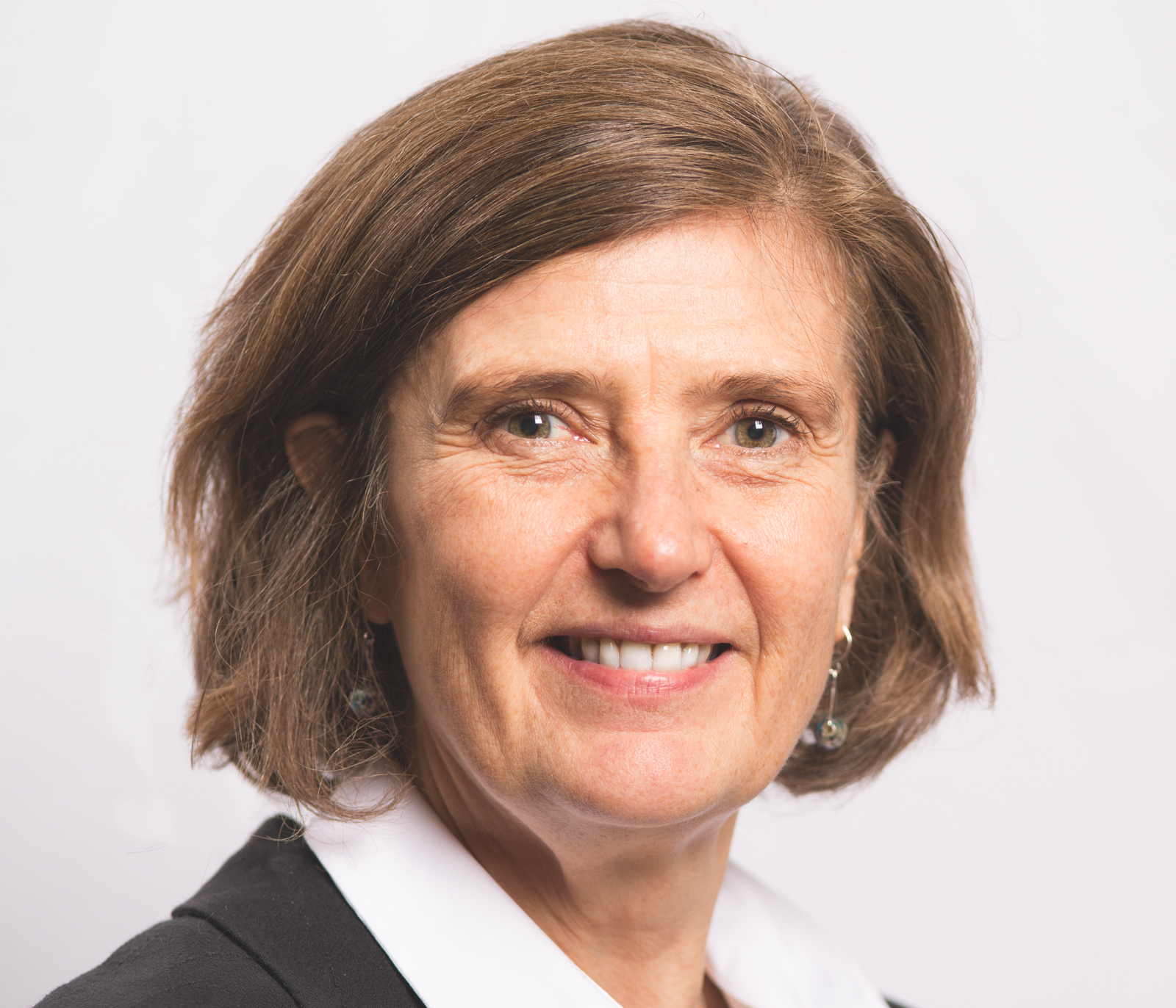
School Health Screenings: Vision Update
What are the vision screening requirements for MA school-aged children? Learn best practices for conducting vision health screenings.
This course provides updated information on how to conduct vision health screenings according to MA laws, regulations, and best practice recommendations.
Target Audience
- Any school health support professionals wanting to learn more about vision screenings
Learning Objectives
After completing the training, you will be able to:
- Describe steps for completing vision health screenings according to MA screening protocols
- Document screening results
Boston University School of Medicine asks all individuals involved in the development and presentation of Accredited Continuing Education activities to disclose all financial relationships with ineligible companies. This information is disclosed to all activity participants prior to the start of the educational activity. Boston University School of Medicine has procedures to mitigate all relevant financial relationships with ineligible companies. In addition, faculty members are asked to disclose when any unapproved use of pharmaceuticals and devices is being discussed.
In accordance with the Standards for Integrity and Independence in Accredited Continuing Education, all relevant financial relationships with ineligible companies that faculty, planners, authors, and anyone who may be in control of content have been mitigated.
The faculty below do not have any relevant financial relationships.
Faculty
| Karen Robitaille, MBA, MSN, RN, NCSN Director School Health Unit, MDPH. Provides guidance and training to School Nurses across the state |
 | Caitlin Pettengill, DNP, RN Assistant Director School Health Unit, MDPH. Provides guidance and training to School Nurses across the state |
 | Beverly Heinze-Lacey, MPH, BSN, RN Director of Boston University’s School Health Institute for Education and Leadership Development (SHIELD) |
CME/CNE Program Manager: Lesly Zapata, BA
NOTE: This training contains vision screening only. This training DOES NOT suffice school nursing licensure.
Disclosure
THIS CONTINUING MEDICAL EDUCATION PROGRAM IS INTENDED SOLELY FOR EDUCATIONAL PURPOSES FOR QUALIFIED HEALTH CARE PROFESSIONALS. IN NO EVENT SHALL BOSTON UNIVERSITY BE LIABLE FOR ANY DECISION MADE OR ACTION TAKEN IN RELIANCE ON THE INFORMATION CONTAINED IN THE PROGRAM. IN NO EVENT SHOULD THE INFORMATION CONTAINED IN THE PROGRAM BE USED AS A SUBSTITUTE FOR PROFESSIONAL CARE. NO PHYSICIAN-PATIENT RELATIONSHIP IS BEING ESTABLISHED. IN NO EVENT SHOULD INFORMATION IN THE MATERIALS REGARDING LAWS, REGULATIONS, OR LEGAL LIABILITY BE CONSIDERED LEGAL ADVICE OR USED AS A SUBSTITUTE FOR CONSULTING WITH AN ATTORNEY.
Copyright
This material is copyrighted by the Massachusetts Department of Public Health (MDPH). MDPH grants permission for use of these materials for non-commercial educational use only, provided credit is given to the MDPH. Modification of content is permitted only with prior approval of the MDPH School Health Unit.
Special Services / Dietary Needs
Boston University strives to be accessible, inclusive and diverse in our facilities, programming and academic offerings. Your experience in this event is important to us. If you have a disability, require communication access services for the deaf or hard of hearing, or believe that you require a reasonable accommodation for another reason please contact the BUSM-CME Office at least 3 weeks prior to event to discuss your needs. For in person meetings with meals, we will work to accommodate dietary requests (including, but not limited to: kosher, vegetarian, low cholesterol, and low sodium) received in writing at least three weeks prior to the start of the conference. Please contact us at cme@bu.edu

 Facebook
Facebook Twitter
Twitter LinkedIn
LinkedIn Forward
Forward